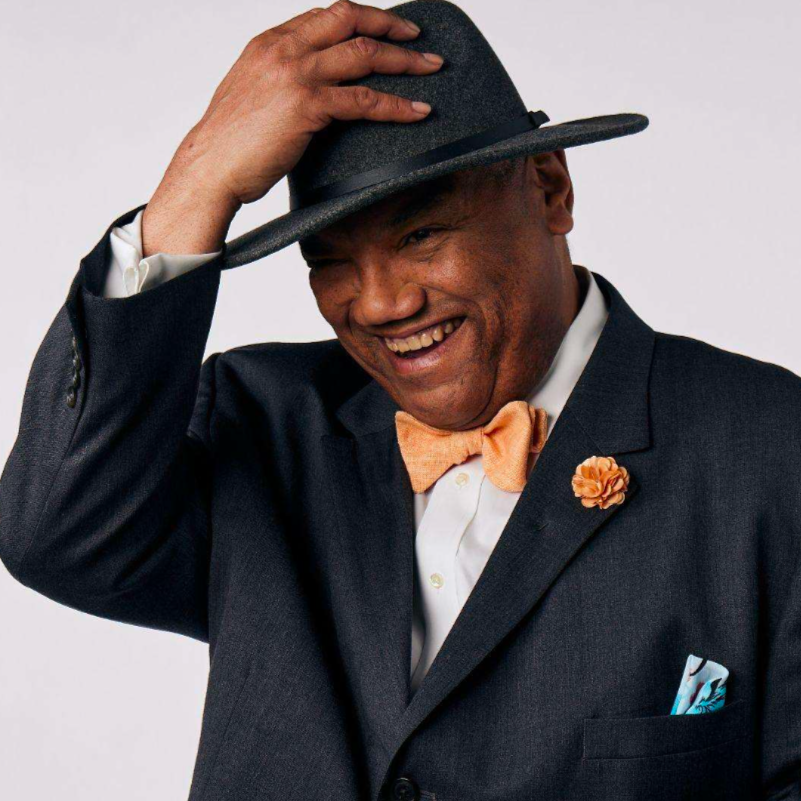Morris making major transition for Falcons
Raheem Morris played defensive back in college.
Every game he’s coached in the NFL, he has been on the defensive side of the ball.
But when eight-year assistant Terry Robiskie departed the team to become the offensive coordinator of the Tennessee Titans, Falcons coach Dan Quinn was left with a major hole on his coaching staff. He came to believe that Morris’ defensive mind could help the offense as a wide receivers coach.
“When we first talked about it, for me, it was making sure that (offensive coordinator) Kyle (Shanahan) was comfortable with it,” Morris said. “Because you want Kyle to be comfortable with it. You wanted (defensive coordinator) Richard (Smith) to be comfortable with it. That was my immediate thought.”
There were rounds of internal conversations exploring the unorthodox move.
“OK, I’d be moving over to offense to be a part of this dynamic room, but at the same time I leaving Richard Smith and I wanted him to be comfortable with it,” said Morris, who is also the team’s assistant head coach. “We wanted to make sure that it was a situation that was best for the team.”
The Falcons’ offense started off last season is grand fashion, powering the way to a 6-1 record. But once opposing teams began adjusting, the offense slowed down as turnovers started to mount. The Falcons averaged 27.6 points over the first seven games but then managed just 16.2 points over the last nine games, the collapse leading to an 8-8 record.
The Falcons are hoping that Morris, who was Tampa Bay’s head coach from 2009-11, will provide a unique perspective. He should be able to help the offensive staff understand how opposing defenses are trying to shut them down.
“I can bring a different perspective,” Morris said. “I can see the ball. I can see the game. I think it’s a great challenge for me.”
The move could also aid Morris’ growth as a coach. Not many head coach candidates have experience on both sides of the ball.
“It’s a chance to view more and grow more,” Morris said. “I take it as a great challenge. Everything that I’ve done thus far has been a challenge, whether if it was going to the NFL back in 2002 as a young coach from a I-AA program (at Hofstra).”
Morris, 39, has studied the intricacies of the wide receiver spots in the Falcons’ offensive scheme, but he doesn’t plan to change his coaching methods.
“When you sign up to be a coach, you have your teaching style,” Morris said.
Above all, he knows this is a big opportunity.
“That’s my mentality in life,” Morris said. “I’ve had a very fortunate career. I’ve been blessed in life. I was the youngest head coach at one time. Now, I have a chance to take on a new challenge with new people on the other side of the ball.”
Morris said he is looking forward to working with Falcons All-Pro wide receiver Julio Jones. But he’ll have to develop the talent behind Jones and Mohamed Sanu and also keep promising second-year wide receiver Justin Hardy on track.
Morris thinks he’s already handled the toughest part of the transition.
“It was that first initial meeting with the guys when we talked about conditioning and everything else,” Morris said. “It goes back to you selling your philosophy and who you are as a coach.”
The bottom line for Morris is that he’s not as much coaching football as he is teaching it.
“It’s like being a math teacher and an English teacher,” Morris said. “You can go out there and get the curriculum and teach what you need to teach. Everybody has their own teaching style.
“I don’t think it’s a matter of what you coach. I think it’s how you coach, the energy you bring, your communication skills, your ability to learn, the ability to use your brain to bring stuff to the table and how you bring it to the table.”



